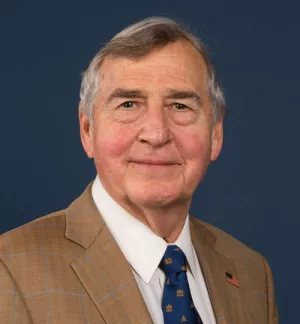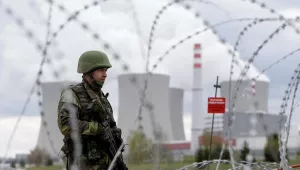Prior to 9/11, most Americans found the idea that international terrorists could mount an attack on their homeland and kill thousands of innocent citizens not just unlikely, but inconceivable. Psychologically, Americans imagined that they lived in a security bubble. Terrorist attacks, including those on U.S. embassies in Tanzania and Kenya, occurred elsewhere. These beliefs were reinforced by the conventional wisdom among terrorism experts, who argued that terrorists sought not mass casualties but rather mass sympathy through limited attacks that called attention to their cause.
As we approach the fifth year without a second successful terrorist attack upon U.S. soil, a chorus of skeptics now suggests that 9/11 was a 100-year flood. They conveniently forget the deadly explosions in Bali, Madrid, London, and Mumbai, and dismiss scores of attacks planned against the United States and others that have been disrupted. [1] The idea that terrorists are currently preparing even more deadly assaults seems as far-fetched to them as the possibility of terrorists crashing passenger jets into the World Trade Center did before that fateful Tuesday morning.
As one attempts to assess where we now stand, and what the risks are, the major conclusion of the bipartisan 9/11 Commission deserves repetition: The principal failure to act to prevent the September 11 attack was a "failure of imagination." [2] A similar failure of imagination leads many today to discount the risk of a nuclear 9/11.
Prior to 9/11, most Americans found the idea that international terrorists could mount an attack on their homeland and kill thousands of innocent citizens not just unlikely, but inconceivable. Psychologically, Americans imagined that they lived in a security bubble. Terrorist attacks, including those on U.S. embassies in Tanzania and Kenya, occurred elsewhere. These beliefs were reinforced by the conventional wisdom among terrorism experts, who argued that terrorists sought not mass casualties but rather mass sympathy through limited attacks that called attention to their cause. As we approach the fifth year without a second successful terrorist attack upon U.S. soil, a chorus of skeptics now suggests that 9/11 was a 100-year flood. They conveniently forget the deadly explosions in Bali, Madrid, London, and Mumbai, and dismiss scores of attacks planned against the United States and others that have been disrupted. [1] The idea that terrorists are currently preparing even more deadly assaults seems as far-fetched to them as the possibility of terrorists crashing passenger jets into the World Trade Center did before that fateful Tuesday morning. As one attempts to assess where we now stand, and what the risks are, the major conclusion of the bipartisan 9/11 Commission deserves repetition: The principal failure to act to prevent the September 11 attack was a "failure of imagination." [2] A similar failure of imagination leads many today to discount the risk of a nuclear 9/11.
Allison, Graham. “The Ongoing Failure of Imagination.” Bulletin of the Atomic Scientists, September/October 2006




